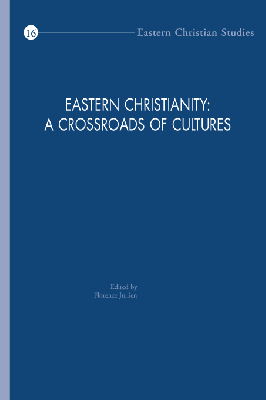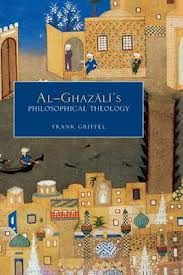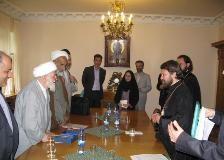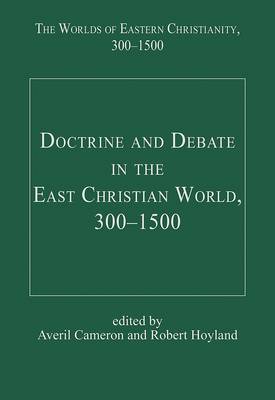Книги
The reign of Constantine (306-37), the starting point for the series in which this volume appears, saw Christianity begin its journey from being just one of a number of competing cults to being the official religion of the Roman/Byzantine Empire. The involvement of emperors had the, perhaps inevitable, result of a preoccupation with producing, promoting and enforcing a single agreed version of the Christian creed. Under this pressure Christianity in the East fragmented into different sects, disagreeing over the nature of Christ, but also, in some measure, seeking to resist imperial interference and to elaborate Christianities more reflective of and sensitive to local concerns and cultures.





